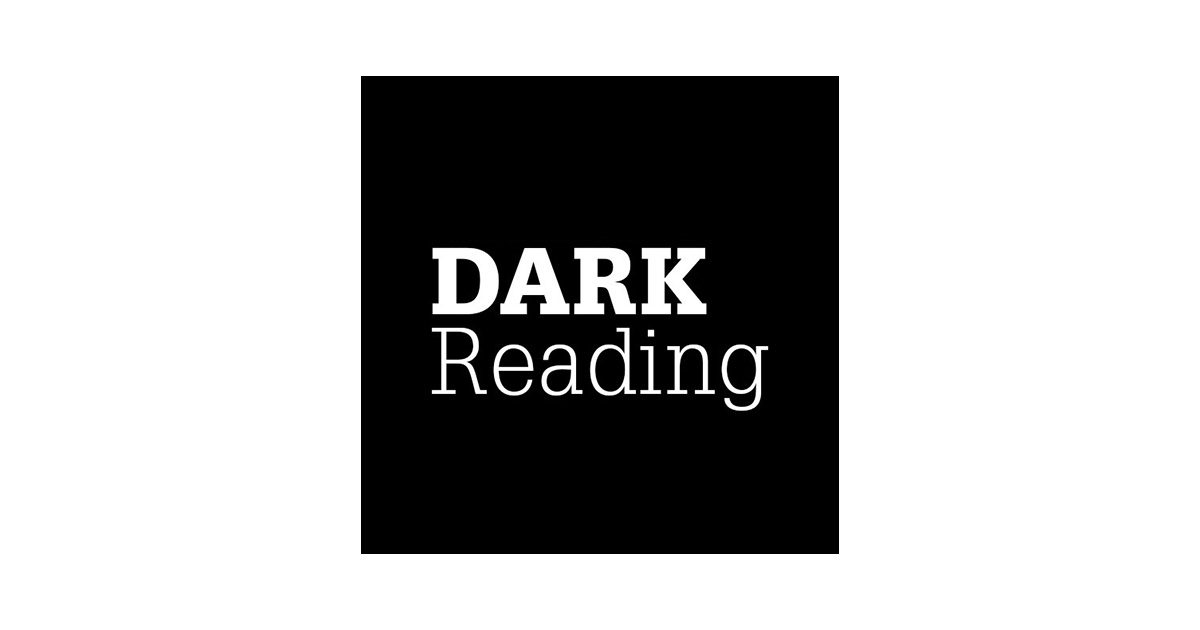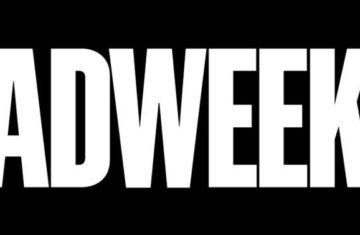
This article originally appeared in Dark Reading on July 22, 2019.
In a settlement with the FTC, consumers affected by the breach are eligible for up to $20,000 in a cash settlement, depending on damages they can prove.
In 2017, Equifax suffered one of the most infamous data breaches in US history. Personal information of roughly 148 million people was compromised, and the company since has paid for the breach in terms of reputation damage and careers harmed, and now another bill is coming due — this one from the US Federal Trade Commission.
The FTC has announced a settlement with Equifax that will result in the company paying at least $575 million and as much as $700 million to the agency, the Consumer Financial Protection Bureau (CFPB), and 50 US states and territories.
Variation in the total amount comes from uncertainty over just how many consumers will take advantage of the settlement’s cash terms. Individuals are eligible for up to $20,000 in a cash settlement depending on the damages they can prove.
In addition, Equifax has agreed to provide at least four years’ monitoring of credit reports at the three major credit bureaus, and up to ten years’ credit monitoring at Equifax, for every US consumer. Those who were minors in May 2017 are eligible for 18 years of credit monitoring.
Both the fine and its sheer size are significant, according to Alex Calic, strategic technology partnerships officer for The Media Trust. “Companies need to be aware that they can’t wait for the breach to occur anymore and just say ‘sorry.’ They know there’s going to be a financial penalty,” he says.
That financial penalty has surprised some because of its size — though whether they’re surprised because it’s so large or so small depends on their point of view. Not everyone was caught off guard, though: “The size didn’t surprise me. I wouldn’t have been surprised to see several times large, or half this size,” admits Rob Clyde, board director and past chair of ISACA. “Below that amount would have raised eyebrows, but you also don’t want to destroy the company. There’s a balance to be hit.”
The FTC appears to want to prevent other companies finding themselves in situations similar to Equifax’s breach. “The Equifax fine was to punish people for not paying attention,” says Kiersten Todt, managing director of the Cyber Readiness Institute. “If I’m reading the tea leaves, the FTC wants companies to invest in resiliency, not just in response.”
She points out the difference in this case and the 2013 Target breach. The difference, she says, is that “after, Target executives were more willing to pay for response than prevention. But now the scale is shifting.”



